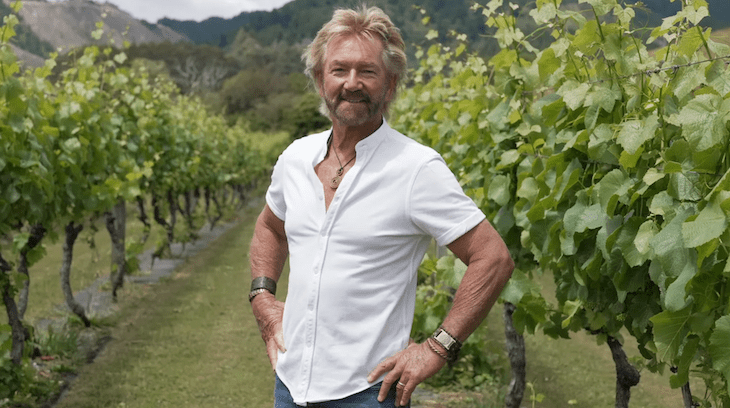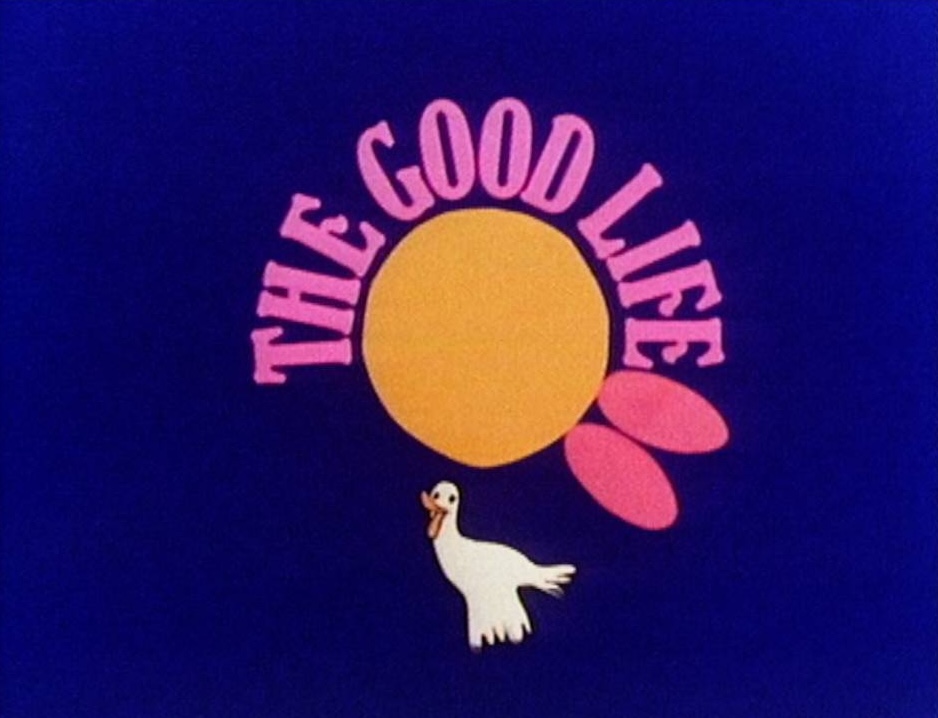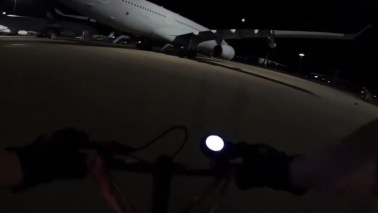When Deal or No Deal hit our TV screens in 2005, it soon became a national obsession. I remember hotfooting it from the train station to my house, desperate to make sure I didn’t miss it. This was the most infatuated I’d been with a TV show since I was child. Noel Edmonds, the show’s presenter, was a big reason why: his witty banter with contestants and the show’s fictional ‘banker’ had me – and Britain – captivated. Deal or No Deal was basically just people opening boxes. In most presenter’s hands it would have been a bit of a yawn. But Edmonds made it appointment viewing.
Edmonds is one of the great figures of British television
Now, thank goodness, Edmonds is back: after a seven-year hiatus, he’s returning with a new series exploring his life in New Zealand, where he runs an 800-acre estate.
ITV’s Noel Edmonds’ Kiwi Adventure, which starts tonight, is full of quirk: he refers to his third wife, whom he met when she was his make-up artist on Deal or No Deal, as his ‘earth angel’ and explains that all the clocks in their house are fixed at 11.06, the time the couple first met. Edmonds looks amazing for 76 and puts this down to a wellness routine that includes crystal healing, tranquil power, infrared saunas and oxygen chambers.
TV hosts are often a bit weird and if you measure Edmonds against more bland presenters like Dermot O’Leary and Ben Shephard, he seems very weird. But perhaps the side of us that now sniggers at Edmonds is uncomfortable with the Edmonds in ourselves. We’d love to be chasing our dreams as enthusiastically as he is. We probably wish we too could be so open about our own idiosyncrasies, so we laugh at his instead.
But there’s another side of us that can’t help but cheer him on. It’s this side he appeals to in his new show. “Maybe people who have had negative thoughts about me personally will see this and see an honesty, a sincerity, a commitment, a positivity,” he says. “Maybe a few of them will change their views”.
Let’s hope so. Around the time that his stint on Deal or No Deal came to an end in 2016, people stopped laughing with Edmonds and laughed at him instead. It’s not hard to see why: Edmonds cuts a curious figure. There’s something of the Lassie dog about his appearance, and the way he’s embraced so many unserious TV shows while often taking himself painfully seriously doesn’t sit well. Alan Partridge and David Brent both poked fun at him, perhaps an indirect tribute from their creators, who surely took some inspiration from Edmonds.
But his kooky personality shouldn’t mean that we ignore something that isn’t often said about him: he is one of the great figures of British television.
Born in Essex, Edmonds started off on radio before moving to TV in the 1980s, where he presented Multi-Coloured Swap Shop, my first favourite programme. The madcap entertainment show was broadcast live for three hours on Saturday mornings, and allowed kids to phone-in and swap unwanted belongings with other children.
He also presented Top of the Pops, Top Gear and Telly Addicts, and became the toast of television during the 1980s thanks to his impish energy, which chimed with a more optimistic nation. He was the first British broadcaster to brand himself distinctly from his shows, and he began to sometimes refer to himself in the third person.
In the 1990s, he presented Noel’s House Party, which was regularly watched by 18 million viewers and was described by a senior corporation executive as ‘the most important show on the BBC’. The stunning success of the series, and its bulbous hero Mr Blobby, showed how Edmonds could tap into our sense of silliness, but it was dropped in 1999, when viewing figures started to fall.
Edmonds, who’d been omnipresent on the airwaves for nearly three decades, suddenly disappeared. But when he came back six years later it was with something special.
In the dark, moody Bristol warehouse where Deal or No Deal was filmed, he raised the tension by increasingly injecting a spiritual edge. He encouraged talk of telepathy, of box numbers having different energies and of a mystical force being at work in the game. You don’t get that on Countdown.
Wearing tight floral shirts, with his trademark bouffant still going strong, he was as charismatic as ever. As the atmosphere became ever more esoteric, he seemed a bit like an aspiring cult leader who hoped he’d finally found his flock.
Where The Weakest Link had a bitchy host in Anne Robinson, Deal or No Deal had one who preached positive thinking to the contestants. A producer said later that the role was ‘God given’ for Edmonds. The columnist AA Gill wrote that watching Deal or No Deal was ‘like putting heroin in your remote control’. That was a ridiculous thing to say: it was far more addictive than that.
But the show’s success didn’t last, so Edmonds took his spiritual message beyond the studio. He claimed that he’d found an electromagnetic pulse machine that “tackles cancer” and suggested that the disease may be caused by a “negative attitude”, a remark he later apologised for.
Edmonds also offered to phone up people’s sick pets and give them a motivational talk, even counselling a cat live on air on the Jeremy Vine show on Radio 2. He told the Guardian that the UK’s population was at least ten million higher than official figures, saying that he worked this out using a formula he devised called “the three ‘F’s’ – food, faeces and farewells”.
Edmonds went from national treasure to something of a joke. He upped sticks to New Zealand in 2018, settling in Ngatimoti, a small town at the north end of New Zealand’s South Island. Many of his fans thought that was it. But now – thank goodness – Edmonds is back. I can’t wait to watch him on TV again.







Comments